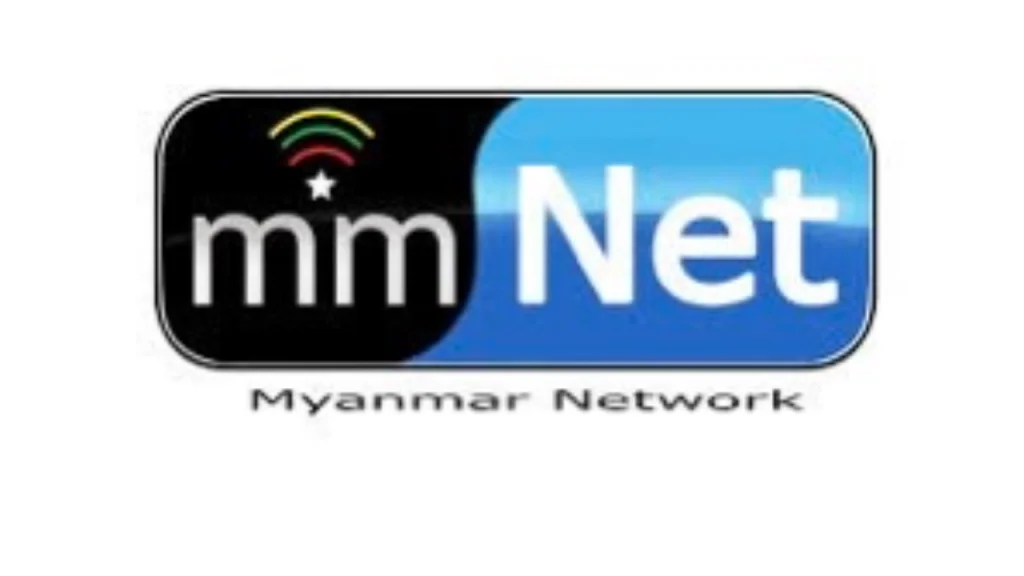- Myanmar Network provides everything from public Wi‑Fi hotspots and home broadband to enterprise-level fibre, VoIP, satellite, data-centre and networking solutions.
- As Myanmar’s fixed-broadband penetration remains low, Myanmar Network faces a market challenge but also a major growth opportunity in both urban and underserved areas.
What Myanmar Network Company Limited does
Myanmar Network traces its origins back to informal IT service operations around 2004, when its founders ran cyber‑cafés and computer maintenance shops. Over time, the firm expanded into wireless networking in 2008, with point‑to‑point and point‑to‑multi-point links. In 2012 the company formalised as Myanmar Network Company Limited; its early public-facing effort included launching free public Wi‑Fi hotspots under the brand “mmSpot”, notably at iconic and high-traffic sites such as pagodas and universities.
Today, the company presents itself as a full-service IT and connectivity solution provider. Its business units span: Internet Service Provider (ISP) services, wireless broadband access, fibre network provision, VoIP, satellite connectivity, switching-centre operations, and tower/pole infrastructure.
Its services extend from small to enterprise-level wired and wireless network infrastructures, including data-centre services, web and hosting, CCTV/security networking, POS systems, online-gaming server hosting, hotspot and public Wi‑Fi deployment, e-government solutions, and centralised AAA (authentication, authorisation, accounting) management.
By offering both consumer-facing Wi‑Fi and business-grade infrastructure, Myanmar Network aims to “be a one-stop solution to business ideas” and to “grow with” its clients, according to its own description.
Also Read: MKTN leads the way in innovative engineering solutions
Also Read: Siemens pioneering sustainable innovation in Singapore
Why Myanmar Network matters — and the challenges ahead
The fixed broadband market in Myanmar remains underdeveloped. Recent industry data suggests household broadband penetration remains low, leaving a large portion of the population reliant on mobile internet or no reliable connection at all.
In this environment, a diversified provider like Myanmar Network has significant opportunity. Its flexibility — spanning Wi‑Fi hotspots, fibre, wireless broadband, satellite and enterprise services — allows it to address both urban demand and more remote or underserved areas. The company’s roots in IT services and early adoption of wireless and fibre infrastructure may give it agility that large traditional operators lack.
However, challenges remain. Expanding infrastructure — especially fibre or wireless broadband — outside major urban zones involves high costs, difficult terrain, power instability and uncertain regulatory environment. The broader telecom sector in Myanmar has also seen investment slow in recent years.
Competition is another factor. More established ISPs or telecom operators expanding fibre-to-the-home (FTTH) or mobile broadband may overshadow smaller, diversified firms. To succeed, Myanmar Network will need to maintain network reliability, offer competitive pricing, and continue innovating in services such as cloud, hosting, and satellite connectivity.
For companies, NGOs, businesses and public institutions seeking alternative connectivity solutions — particularly where mobile or mainstream ISPs fall short — Myanmar Network Company Limited could be an important, flexible option in a challenging but potentially high-growth environment.

